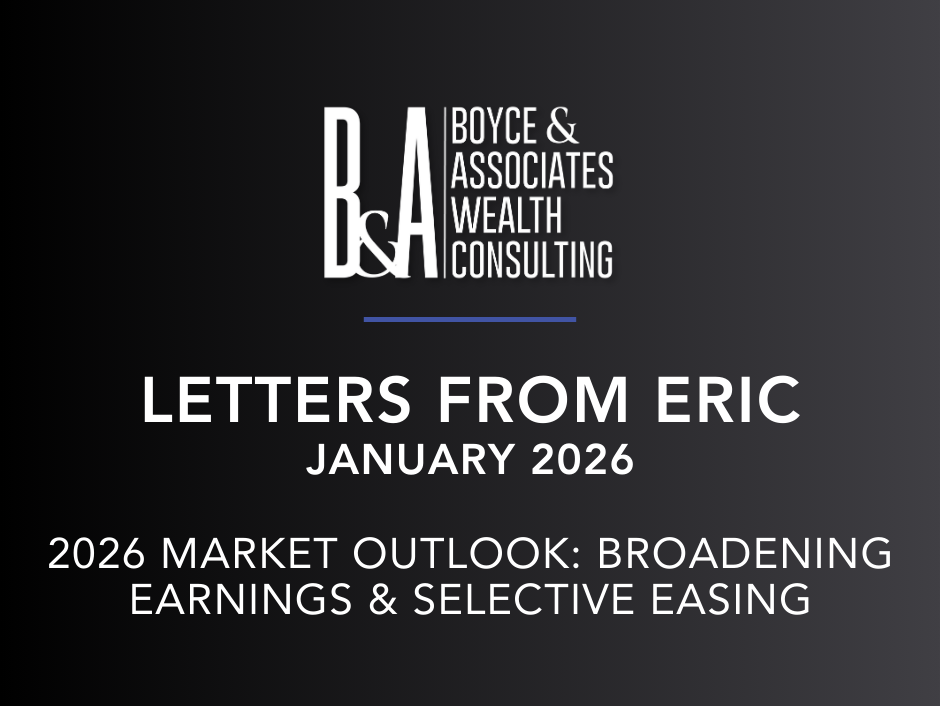Why You Need a Wealth Management Manager for Long-Term Financial Growth
In today's complex financial landscape, navigating the intricacies of investment strategies, tax planning, and estate planning can be overwhelming, even for seasoned investors. This is where a wealth management manager comes into play. By providing comprehensive financial guidance, these professionals can help you achieve your long-term financial goals.
Key Takeaways:
- Financial Planning: Beyond investments, covers tax, estate planning, risk management, and retirement.
- Personalized Attention: Tailored strategies based on your unique situation and goals.
- Expertise and Objectivity: Unbiased advice and deep market knowledge for informed decisions.
- Enhanced Returns and Risk Mitigation: Potential for higher returns while managing risks.
- Peace of Mind and Legacy Planning: Secure your financial future and ensure smooth wealth transfer.
Understanding the Role of a Wealth Management Manager
A wealth management manager is a financial advisor who takes a holistic approach to managing your wealth. They go beyond traditional investment advice to provide a wide range of services, including:
- Investment Management: Developing and implementing personalized investment strategies tailored to your risk tolerance and financial objectives.
- Tax Planning: Identifying tax-efficient strategies to minimize your tax liability and maximize your after-tax returns.
- Estate Planning: Helping you create a comprehensive estate plan to protect your assets and ensure a smooth transfer to your heirs.
- Risk Management: Assessing and mitigating potential risks to your financial well-being.
- Retirement Planning: Developing a retirement plan that aligns with your lifestyle goals and financial needs.
Long-Term Benefits of Professional Wealth Management
Partnering with a wealth management manager offers numerous long-term benefits:
- Expertise and Experience: Wealth management managers possess the knowledge and experience to navigate complex financial markets and make informed investment decisions.
- Personalized Attention: They take the time to understand your unique financial situation and tailor their advice to your specific needs.
- Objectivity: Unlike DIY investing, wealth management managers provide unbiased advice, free from emotional biases that can cloud judgment.
- Time Efficiency: By delegating your financial management to a professional, you can free up valuable time to focus on other priorities.
- Peace of Mind: Knowing that your finances are in capable hands can provide significant peace of mind.
- Enhanced Returns: By leveraging their expertise and resources, wealth management managers can help you achieve higher returns over the long term.
- Risk Mitigation: They can identify and mitigate potential risks, such as market volatility and economic downturns.
- Tax Efficiency: By implementing tax-saving strategies, you can maximize your after-tax returns.
- Legacy Planning: A wealth management manager can help you create a comprehensive estate plan that ensures your wealth is transferred to your loved ones according to your wishes.
Choosing the Right Wealth Management Manager
When selecting a wealth management manager, it's essential to consider the following factors:
- Experience and Qualifications: Look for a wealth manager with a proven track record and relevant certifications.
- Investment Philosophy: Ensure their investment philosophy aligns with your risk tolerance and long-term goals.
- Fees and Costs: Understand the fees associated with their services, including asset management fees and advisory fees.
- Client Focus: A reputable wealth management manager should prioritize your needs and provide exceptional client service.
- Communication Skills: Effective communication is crucial for building a strong client-advisor relationship.
- Regulatory Compliance: Ensure the manager adheres to all relevant regulations and ethical standards.
By carefully selecting a qualified wealth management manager, you can take a significant step towards achieving your long-term financial goals. Remember, a sound financial plan, coupled with professional guidance, can help you build a secure financial future for yourself and your family.
Boyce Wealth: Your Partner in Financial Success
At Boyce Wealth, we understand the importance of personalized financial planning and investment management. Our team of experienced wealth management professionals is dedicated to helping you achieve your financial goals. Contact us today to schedule a consultation and learn how we can help you build a brighter financial future.
FAQ 1:
Q: What is the primary difference between a financial advisor and a wealth management manager?
A: While both professionals provide financial advice, a wealth management manager offers a more comprehensive approach. They go beyond investment advice to include tax planning, estate planning, risk management, and retirement planning. This holistic approach ensures a well-rounded financial strategy.
FAQ 2:
Q: How can a wealth management manager help me achieve my long-term financial goals?
A: A wealth management manager can help you achieve your long-term financial goals by:
- Developing personalized financial plans
- Implementing tax-efficient strategies
- Managing your investments to maximize returns
- Mitigating risks to protect your wealth
- Ensuring a smooth transfer of wealth to future generations










